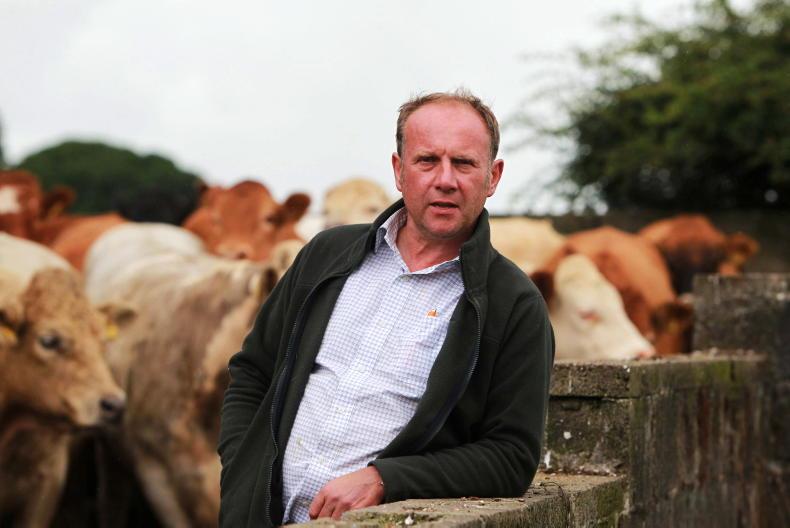When the summary of the most recent United Nations report by the International Panel on Climate Change (IPCC) was being finalised, the New Zealand representatives objected to the recommendation for a “more plant-based diet“ and instead insisted that “sustainable healthy diet” be substituted.
It was with irritation, but no real surprise, that I read last week’s front page of the Irish Farmers Journal reporting on the reaction in parts of the European Commission in Brussels to Ireland’s draft plan for the new CAP.
In last week’s Dempsey at Large, I wrote – well before the Irish Farmers Journal front page was written – of the increasing view in parts of Brussels officialdom that livestock production was becoming undesirable and that efforts were being made to downplay the healthy properties of livestock products.
It would seem logical that a body such as Bord Bia should be at the forefront of promoting and publishing the medical and scientific research in this area
We have been down this road several times before, as have leading nutritionists, scientists and medical personnel, but it’s clear that more needs to be done.
It is noticeable, at least in the reports I read, that New Zealand was strongly backed in its objections to the initial climate draft report by India and Kenya – both countries with a long-standing dairy and cattle tradition.
There was no mention of the Irish position, but it would seem logical that a body such as Bord Bia should be at the forefront of promoting and publishing the medical and scientific research in this area. Well over 70% of Ireland’s total farm output depends on ruminants consuming grass.
We have an enormous amount to lose in terms of the population’s health, as well as our cultural and economic wellbeing, by seeing its contribution consciously undermined.
As well as Bord Bia, we should also expect our political representatives and our civil servants negotiating for us in Brussels and elsewhere to not just bear the national interest in mind, but to pursue it.









SHARING OPTIONS